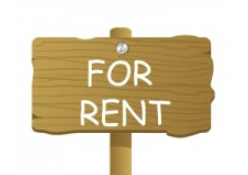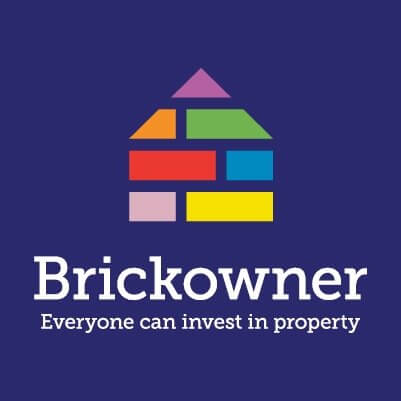Becoming a landlord is not easy, if it was everyone would become one. There is risk involved.
Real estate investment is interesting because of the allure of “passive income”, the idea of owning an asset which can provide a positive yield indefinitely.
Real estate investing requires a lot of work upfront, but if done right, will require much less maintenance work.
Landlords which are proficient in these three areas have more success
- Financial skills
- Commitment to becoming a landlord
- Property and tenant management.
Financial skills
Renting property is a numbers game. Financial estimations should be done while considering worst case scenarios. Estimating rental yield on Polly-Anna numbers will lead to Freddy Krueger themed investments.
Clear targets and objectives will give the Landlord to ask the right questions:
The basic questions:
- Can the landlord afford the initial deposit to the bank?
- How much is the bank willing to lend, what percentage of the value of the house?
- What are the interest rates that the bank is offering?
- Will the rents minus the expense pay for the BTL mortgage?
- What are the general annual costs to maintain the property?
- What are the long term costs to maintain the property?
Sorting out the BTL opportunities in a XLS list with columns such as property cost, mortgage payment and rent can help you get a bird’s eye view of which investments are best adapted to your situation.
Commitment to becoming a landlord
Finding a good property which is suitable is not easy, it requires hours of internet time and staring at numbers on an XLS sheet.
There is no perfect property out there and there are a lot of experienced landlords actively looking for such deals as soon as they pop up.
The endless search can easily turn into a fight with procrastination and a sense of defeat. To be a landlord is to be persistent. If the search leads to nothing, examine the process by which you are trying to find your investment property.
Keep looking do not give up, widen your horizons if you areas of search is not providing any gems.
Expect to reject many deals before you find the right one. Give your intuition space to help you in your search.
Once an ideal property is identified, self-confidence, lack of information and lack of support from those around you bite into your chances of concluding the deal successfully.
Part of the game of becoming a landlord is finding out a network of professionals that are in the property business; real estate agents; builders; plumbers; electricians; letting agents and property managers. Whenever you have the opportunity, to establish a contact do so and learn as much as you can in the process. Ask them questions.
You have found out a potential property, it is time to scout out the property yourself, first the area, then from the outside and then from the inside with the owner/estate agent and then with a with a property valuer. Revise your numbers as more information comes to light.
Property and Tenant management.
Property and tenant management need to be planned from the get go. One can choose to invest a lot of time in property work and tenant management in exchange for a higher yield. Importantly this has to be a conscious decision.
Buying a property which requires a lot of work before it can be rented, or buying an apartment in a building which needs major works can put your initial estimates completely off mark.
Certain areas will attract certain tenants, attending to their needs with gusto and finesse is something that one has to be comfortable with naturally. Property managers, can cushion the landlord from some issues but ultimately all decision will end up on the shoulders of the land lord. The more “rowdy” the tenants the more decisions the landlord has to take. Decision taking is tiring.
Landlords will have to tackle rental arrears, make sure property inventory is done up before and after tenancies and deal with property inspections amongst other things. Procedures which need to be addressed in the contracts. There is a class of “professional” bad tenants which move from one apartment to the next while not paying rent and causing damage, landlords can never be too careful.
Property management is not only about the real estate side of things but also about the Goverment regulations and taxes. Researching and consulting with experts in the fields on things such as landlord license, short term buy to let licenses, taxes, permits, eco taxe etc will save landlords a lot of headaches afterwards.
Delegation services some of these tasks is possible and this is where the network of experts comes in very handy such as the handyman, letting service, property management, tradesman and accountant. The key is finding the right ones.
Conclusion
Landlording requires time, energy and money. Most of the work needs to be done upfront meaning that selecting the wrong property to start with will make it much more difficult to make a return. The returns from the first property can be used to invest in the second, third properties. Real estate is one of the key tools to master if financial independence is your end goal.











